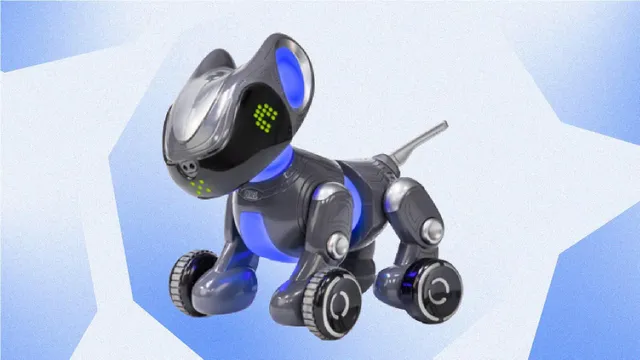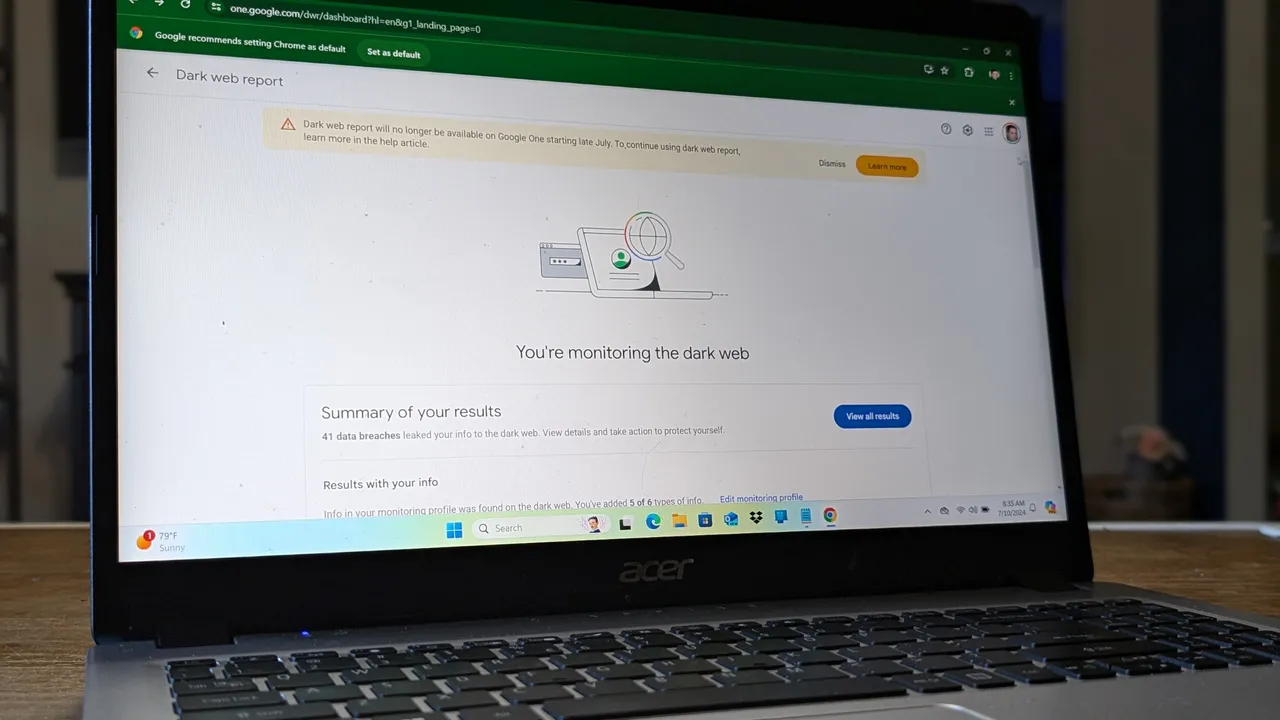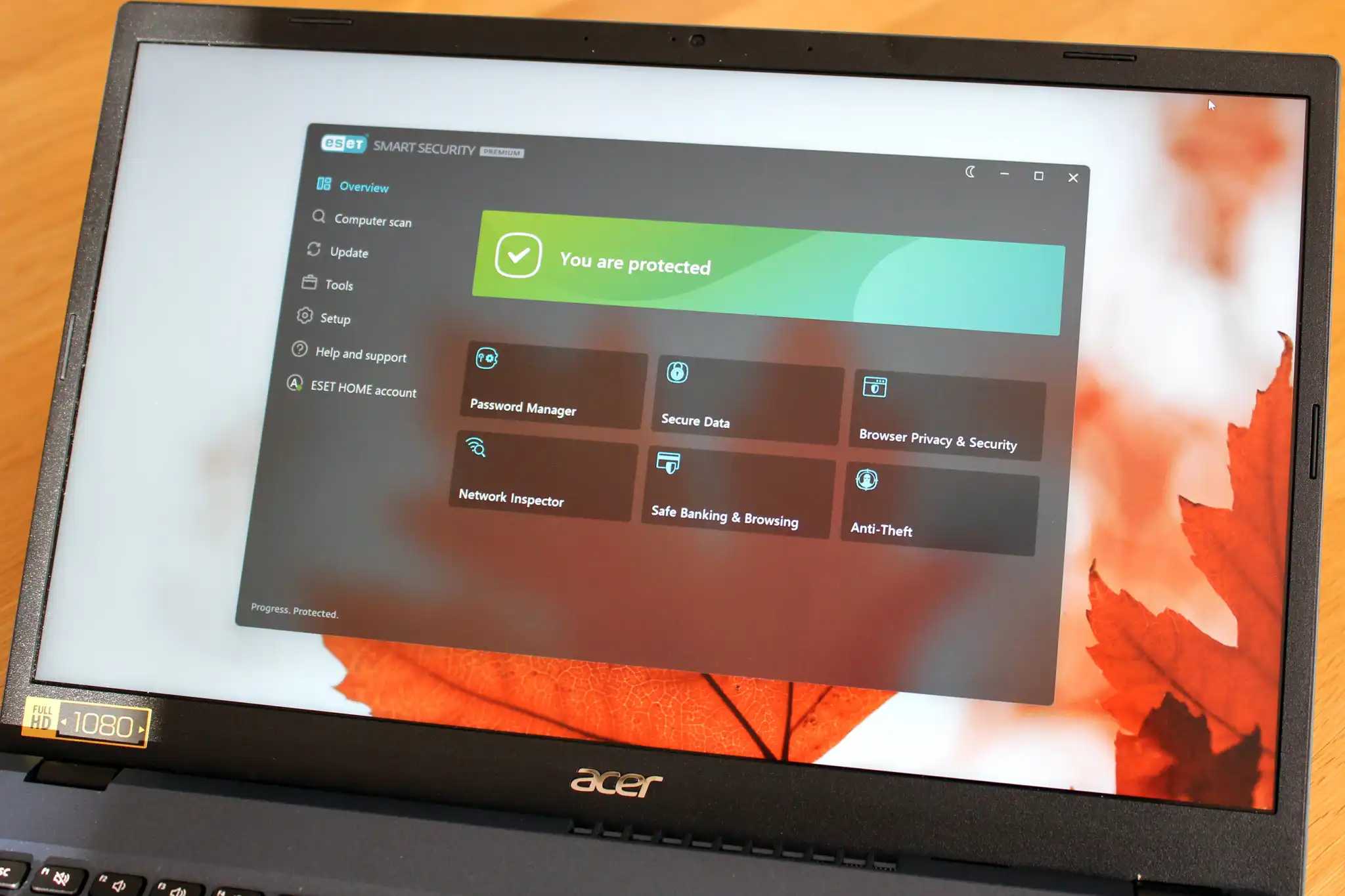These hands-on holiday gifts for kids are genuinely fun. Bonus: They also impart skills in science, tech, engineering and math.
When it comes to finding the best toys for the holidays, one thing all parents want to do is to find that one item that’ll keep their little one’s attention for more than 5 minutes. It’s not as easy as it sounds. A toy that entertains your kiddo is ideal. But aside from the fun that comes with such an item, you probably want a goodie that’ll teach your child a thing or two.
The experts here at CNET are always on the hunt for gadgets and toys that don’t just appeal to a kid’s interests, but also items that spark creativity and create educational experiences. Toys of the STEM variety (that’s science, tech, engineering and math) can teach some — and possibly all — of those things. They’re amazing tools that can show a kid how to build, code and a whole variety of other cool processes linked to how the natural world operates. It all sounds like work, but the point of these toys is to make it all quite fun. To help you on your toy journey, we’ve rounded up some of the best STEM toys that your smart youngsters will enjoy.
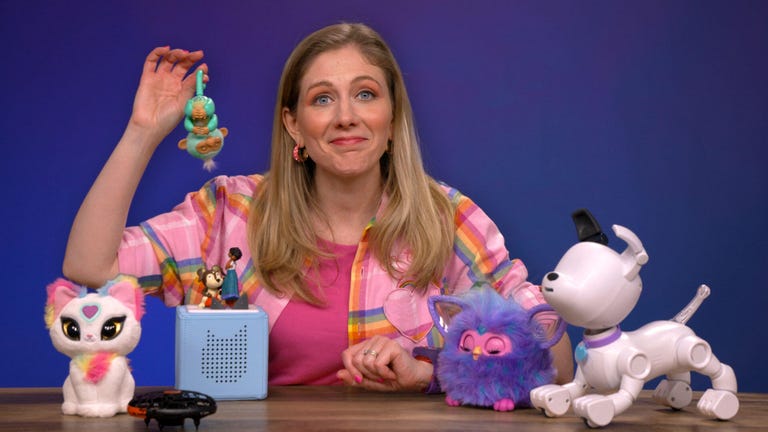
Below are some of our favorite STEM toy gift ideas. From a robot factory to a cool slime kit and even a chocolate pen for your little kitchen helper, there are our recommendations for the best STEM toys to give your children. These hands-on activities and educational toys will get your little ones exploring, building creating to help inspire and educate. We won’t blame you for wanting to play with them yourself.
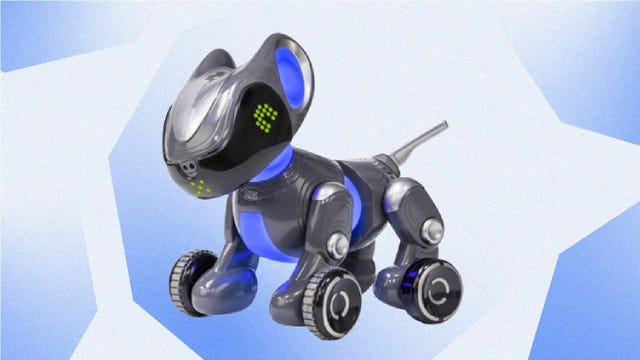
Pyxel
Coding for kiddos
Pyxel is a great STEM toy that teaches kids to code, no matter their level of coding. This cool pet is fun for both beginners and those who already have some experience with coding. There’s a simple remote for basic fun, and Blockly coding for those starting out. But take it up a notch, and you can also use it to learn Python. (And yes you can program it to pee.)
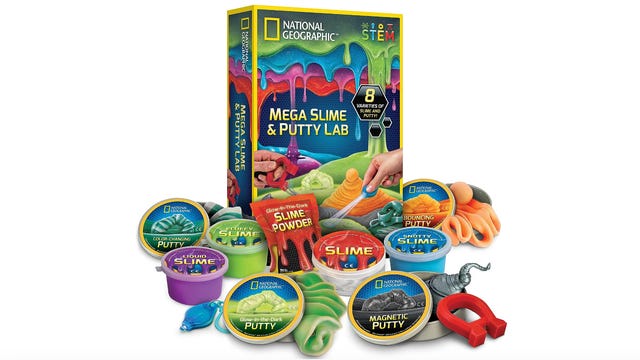
National Geographic Slime Kit
Make your own slime
National Geographic’s kits are a great way to get kids excited about science. Even if your kid isn’t totally into science (yet), they’ll be impressed with all the varieties of slime and putty in this kit, including glow-in-the-dark and bouncing putty, and, yes, snotty slime.
The kit comes with seven premade slimes and putties and all the ingredients so kids can make their own. There’s also a learning guide, so you can learn all about slime and putty and try out some experiments.
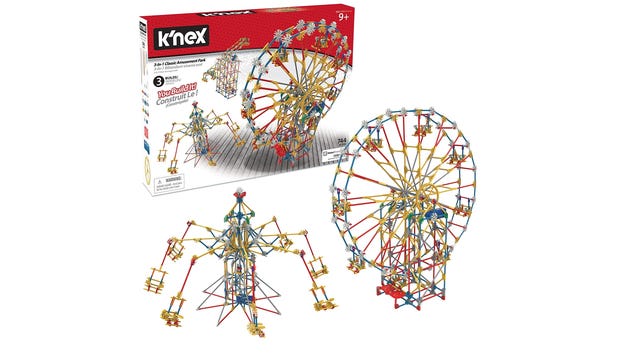
K’nex Thrill Rides Amusement Park Building Set
Get the thrill of building
This fun and challenging K’nex kit will keep budding engineers busy for hours. The best part? The end result is a massive, 3-foot-tall motorized ferris wheel that will provide even more endless hours of entertainment. This kit is recommended for ages 9 and up, but keep in mind that kids on the younger side will probably need some adult supervision to help them with the more complex pieces.
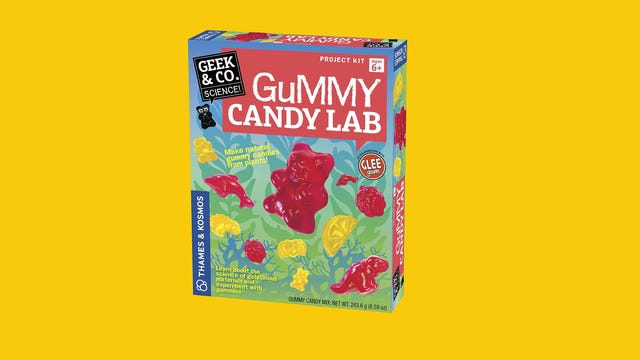
Gummy Candy Lab
Sweet science
Kids who love candy (and who doesn’t?) will appreciate this Gummy Candy Lab kit. Not only will they learn about different chemistry concepts, but they’ll get to munch on delicious treats in the process. The kit comes with everything they’ll need for candy-making, including a plastic mold, carrageenan (a natural gelatin), cherry and lemon flavorings, and storage bags. Maybe if you’re really nice, they’ll share.

Artie Max
Creative coding
If you are looking for coding toys, Artie teaches coding line-by-line… by drawing lines on paper. Kids program this expressive bot buddy to doodle designs with three color markers loaded in its back. It has built-in tutorials and an easy-to-follow guide so kids can jump right in after unboxing — and seeing something happen on paper gives immediate gratification. It teaches five coding languages: Blockly, Snap!, JavaScript, Python and C++.
Artie can also sense colors and follow lines, be remote controlled, and it has a “cliff sensor” to avoid falling off tables.
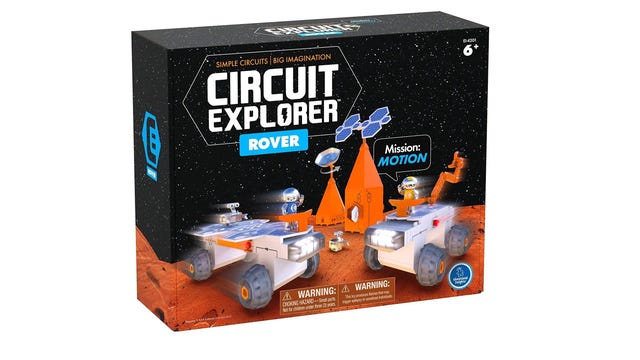
Circuit Explorer
Blast off into circuits
Circuit Explorer is kind of like Lego, but this STEM skills toy teaches the very basics of how a circuit works in programming. Kids learn that they need to connect the lines on the side to complete a circuit and make things light up or move. Choose from three different sets with rocket ships, Mars rovers and space stations or mix and match parts to invent your own monster machine. They can even connect with Lego bricks.
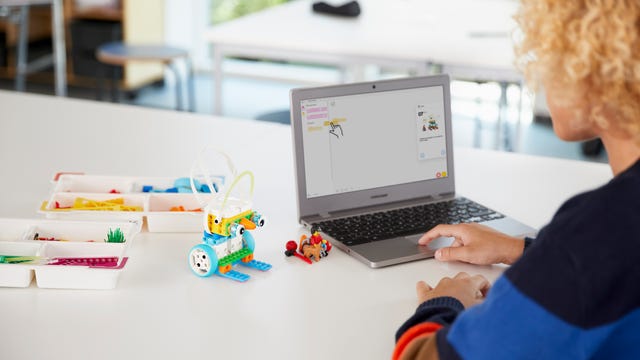
Lego Education Spike Essential Kit
Hands-on Lego learning
There’s a whole world of Lego for education, and you won’t find it in the toy aisle. The Lego Learning System has kits packed with hundreds of bricks and instructions to guide students along several lessons — each kit targeted to different kids’ ages. These teaching kits are designed for the classroom, but anyone can buy these educational toys directly from Lego for hands-on learning at home. (And there are teacher guides to help parents, too.)
Our favorite is the Spike Essential learning kit for grades 1-5, which includes a few tech pieces like a light matrix, color sensor and motor. Kids also use an app to program their creations. With 449 bricks and 40 lessons, the kit teaches computational thinking, design engineering, physics and math skills — all told through a story of cute Lego figure characters. If you want something cheaper without the tech and programming parts, but still want to keep the physics and math lessons, check out the BricQ Motion Essential kit for $134.

Incredible Inflatable Aero Dancer
Make your own wacky tube man
Thames & Kosmos make some of the best build-it-yourself engineering toys and they are often hard to find. (We’re looking at you, Candy Claw Machine and Mega Cyborg Hand.) But here’s one fun gem that we’re still seeing widely available: This wacky, waving, inflatable arm-flailing tubeman has a blower that lets kids conduct experiments with air pressure, air flow and aerodynamics. Air basketball. Air cannon. Air tube man. Good for ages 8 and up, and we stress the “up” because obviously you want this for your desk. (No judgment here.)
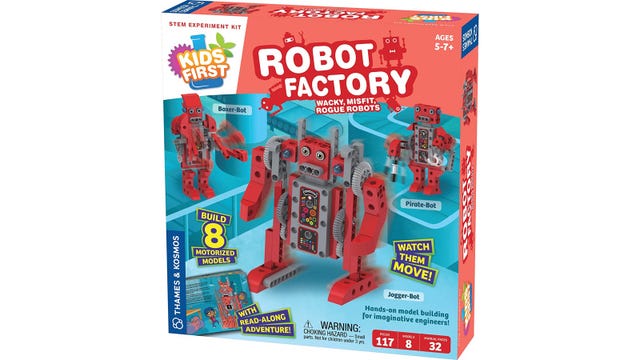
Kids First Robot Factory
Early engineering
Making your own robot doesn’t need to require programming skills. This is the Kids First Robot Factory by Thames & Kosmos, and it’s good for introducing kids to basic engineering concepts. The manual is an illustrated storybook that guides youngsters through building eight different battery-powered motorized bots. With this building toy, kids can also make their own contraptions, and as they go through the story they learn why each robot moves in its own way.
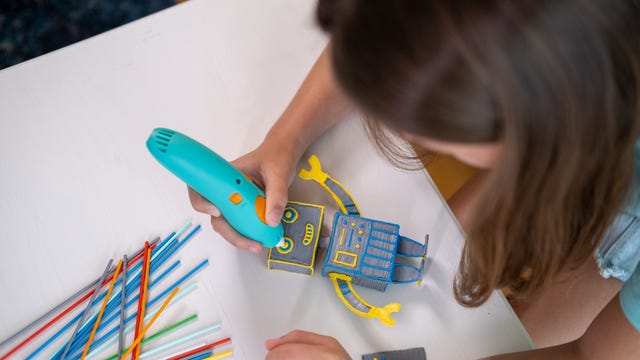
3Doodler Start Plus
Easy-to-use 3D creativity
Here’s a different twist on the DIY robot. Kids can build anything their young minds can imagine out of plastic with this 3D printing pen. The 3Doodler Start Plus is slim and light, making it easier for small hands to hold. With a 30-minute charge, this pen melts sticks of plastic so kids can draw them into any shape, but the nozzle and melted plastic are not hot — so it won’t burn little hands. (And I’ve tested it; you can put the tip to your skin and draw on your finger. I had no worries giving it to my kids.) Draw right on paper or a table and the plastic creation pops right off.
It comes with 72 filament strands and an activity guide with 10 new projects. To take the learning up a notch, there’s a $13 Edu Stem Accessory Kit with more activities.
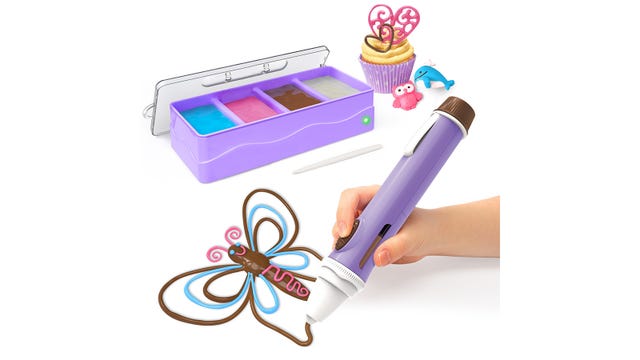
Chocolate Pen by Skyrocket
A junior chef’s delight
Want something more tasty? Draw it in the kitchen with chocolate with Skyrocket’s Chocolate Pen. A warming tray keeps chocolate gooey as your battery-powered pen sucks up the sweet stuff into the cartridge. Draw, eat, repeat. This fun pen comes in various colors, and little hands will have an easy time filling up the molds. You can also draw whatever shape you want on wax paper and it’ll cool in 10 minutes. Sure, this activity is more of a creative art — but there are chemistry lessons you can teach with cooling confectionery. And that makes desserts science!
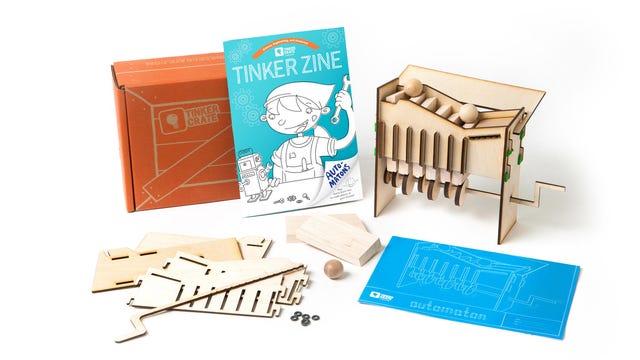
KiwiCo Crates
Hands-on projects galore
There are easy ways to get kids crafty even if you aren’t the crafty type. I subscribe to KiwiCo Crates, which are hands-on learning activities in a box. Packed with a few science and engineering lessons, they come in the mail and cater to different age groups. I’m a long-time subscriber for my kids, and I like the quality of items. But it’s not just for tiny tikes; there are boxes for all sorts of ages — even engineering boxes for adults. Subscriptions start at $23.95 per month, but you can also shop the KiwiCo Store o purchase items individually.

Lite-Brite
Light it up
If you’re stuck trying to find screen-free activity ideas, well, just look to the old-school screen. Lite Brite is back. The machine slimmed down a bit but it’s still got the pegs you loved to punch into holes. All that creative thinking and pixel art may just inspire tomorrow’s game programmer.

Botley 2.0
Screen-free programming
This cute robot for ages 5 and up teaches basic programming, has various challenges and is screen-free with no phone or tablet required. Botley can detect objects and move around them, follow looping commands, navigate obstacle courses and follow a black line your kid designs. And with an included 46-piece activity set, there’s plenty to keep kids busy.
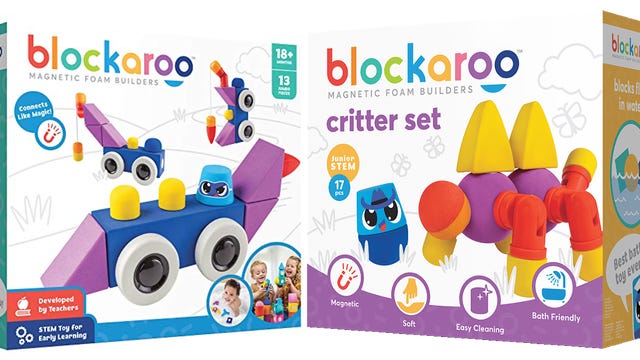
Blockaroo
Building fun for little hands
Even the wee ones in your life as young as 18 months can learn STEM with these magnetic foam builders. Soft blocks connect effortlessly and rotate so you can build creatures with head, wings, elbows and other body parts. And don’t worry about the blocks getting dirty as they’re dishwasher safe and bath friendly.
My 2-year-old hasn’t gotten tired of them after a year, and my 5-year-old also still plays with these to make up all sorts of vehicles and creatures. It’s always a win to get a toy that has good shelf life, and you can expand this stem education toy with multiple set boxes.

Magformers
A need for speed
I’m a fan of this geometric brain-training toy. There are many spins on the magnetic building-blocks trend, but I’ve personally taken a liking to Magformers in how it’s designed and the options available for different types of box sets, so it can expand easily for different age ranges. My advice: Get a starter set with wheels, so kids can give their creations some speed. Some models can even be controlled by remote.

